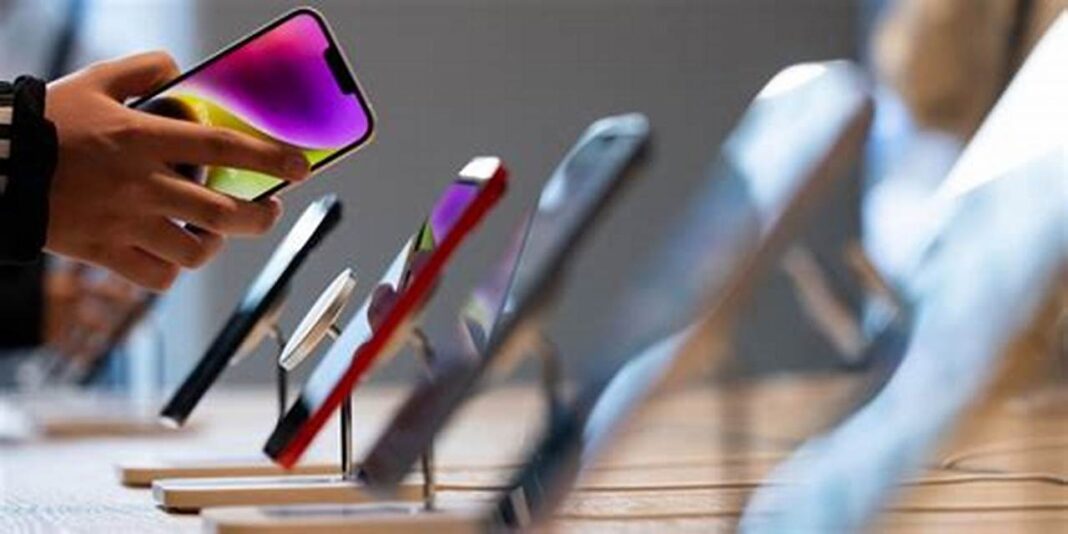For years, smartphones have been our constant companions. They wake us up in the morning, keep us connected, help us navigate the world, and even entertain us when we’re bored. We check them dozens of times a day, responding to messages, scrolling through social media, or simply killing time. But now, some of the most powerful names in tech are telling us that smartphones are dying, and that something completely different will take their place.
During a recent private tech summit, Elon Musk, Bill Gates, Mark Zuckerberg, and Sam Altman all shared their vision of a post-smartphone future. According to them, brain-computer interfaces, augmented reality glasses, and electronic tattoos could soon replace the familiar touchscreen device we carry in our pockets.
Musk, through Neuralink, is already developing implants that let people control technology with their thoughts. Gates is betting on electronic tattoos that send and receive data directly from the skin. Zuckerberg believes that AR glasses will make smartphones obsolete by 2030, letting users access apps and information without ever looking down at a screen. And Altman, leading OpenAI, sees artificial intelligence taking over most of the things we currently use phones for, making physical devices unnecessary.
It all sounds fascinating, futuristic, and maybe even a little scary. But before we say goodbye to smartphones, the real question is: Are we ready?
The smartphone habit
Let’s be honest, smartphones aren’t just tools, they’ve become a part of our daily lives. We depend on them for nearly everything, from ordering food to checking the weather. But more importantly, they’ve changed how we connect with others. FaceTime calls, instant messages, and social media have made relationships easier to maintain.
If phones disappear, will people feel more present in the real world, or will they struggle to adjust? The idea of AR glasses sounds exciting, but would people really wear them all the time? And a brain implant? That’s a big step from scrolling on a touchscreen.
Trust issues
There’s also the issue of trust. As consumers, we’ve heard countless stories of data leaks, privacy scandals, and companies tracking our every move. Moving away from smartphones doesn’t necessarily solve these problems—it just shifts them to another kind of technology.
Would people trust brain implants or electronic tattoos with personal data? Who would control that information? Could AR glasses record everything we see, making privacy even harder to protect? The more advanced technology becomes, the more consumers will question how much control they’re willing to give up.
Tim Cook’s stand
Not everyone is convinced that smartphones are on their way out. Tim Cook, CEO of Apple, believes the smartphone era is far from over. Instead of replacing phones, Cook believes in evolving them. Apple continues to improve smartphone capabilities, integrating AI, augmented reality, and new hardware features rather than scrapping the device altogether.
“Smartphones are central to modern life,” Cook said at the summit. “They are not going away, they are getting better.”
The future of consumer choice
The debate over what comes after smartphones is just beginning. While Musk, Gates, Zuckerberg, and Altman push for new ways to connect, Cook believes the smartphone is still the best choice for everyday life.
But in the end, it won’t be tech giants who decide—it will be consumers. If people don’t embrace these new technologies, smartphones might stick around much longer than expected.
For now, the smartphone isn’t just a device. It’s how we stay connected, how we work, how we live. And while the future may bring mind-controlled gadgets or AI-driven assistants, one question remains: Are we truly ready to move on?




